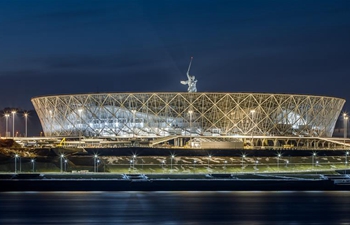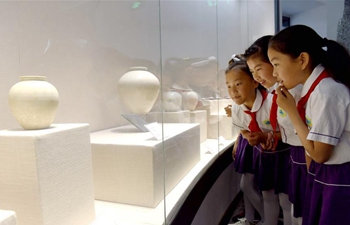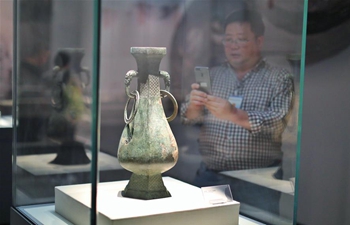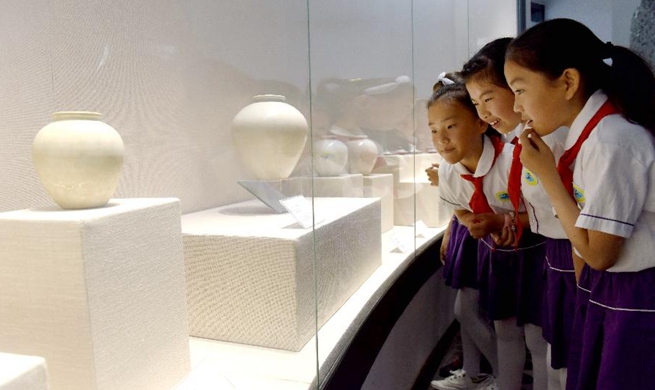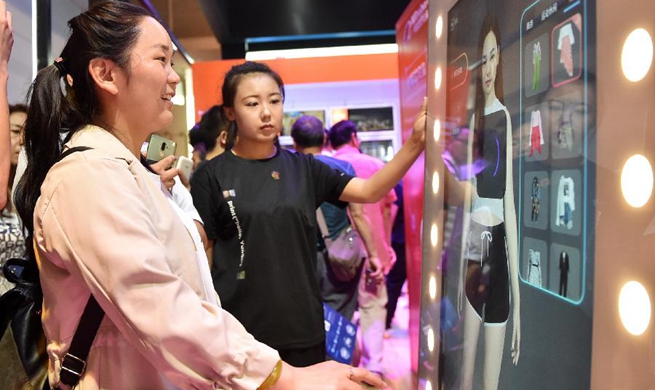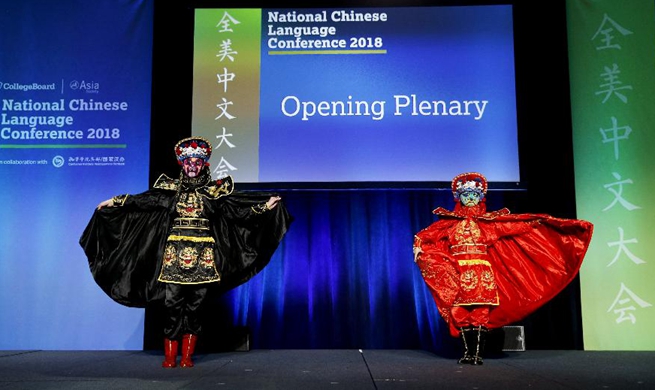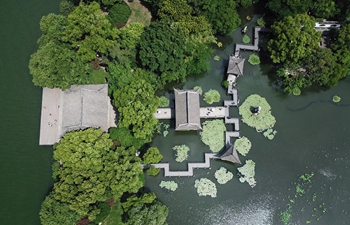by Salah Takieddine
BEIRUT, May 18 (Xinhua) -- Despite the success of the parliamentary elections on May 6, the results that brought some new faces to the parliament do not promise a drastic change in the political scene, political analyst Makram Rabah said Friday in an interview with Xinhua.
Rabah believes that Hezbollah's sweeping result within the Shiite community would help it put away any discussion related to weapons.
"Hezbollah's ability to influence the Lebanese government is irrelative of its ability to achieve the most of the parliamentary seats nor its ability to paralyze the political life like it did in the past, by using the (black shirts) or the popular demonstrations or using its weapons domestically like it did on May 7, 2008," Rabah said.
Supporters of Hezbollah wearing black shirts flock to the streets of Beirut in an effort to push many political figures to nominate former Prime Minister Najib Mikati to replace Prime Minister Saad Hariri.
However, Rabah said despite Hezbollah's influence over Lebanon's political scene, the legislative results would not allow it to control the new cabinet, which is set to be formed following the end of the current parliament's term on May 20.
"Hezbollah would not be able to control the government and present an economic and political program," he said, mentioning the CEDRE conference and the Rome conference, which support the state extending its authority on the whole Lebanese lands, as well as the vow of Hariri to discuss the weapons of Hezbollah during the next dialogue table.
Hezbollah's Secretary General Sayyed Hassan Nasrallah said the weapon's issue is not negotiable during this phase.
Rabah added that "for Lebanon to receive the moneys pledged during the conferences is linked with great reforms that the current government would not be able to achieve without having the pledge of Hezbollah not to disrupt the political path."
Rabah also criticized the new electoral law that was based for the first time in Lebanon on proportionality, considering it as a booster for sectarianism due to the introduction of the preferential vote.
He pointed out that the experiences drawn from the last elections prove that "political reform is a must but that is not necessarily through the electoral change."
Lebanon organized on May 6 the parliamentary elections for the first time in nine years in accordance with a new proportional law.
Altogether 976 candidates, including 111 women, had registered to run for 128 seats in this year's election.







